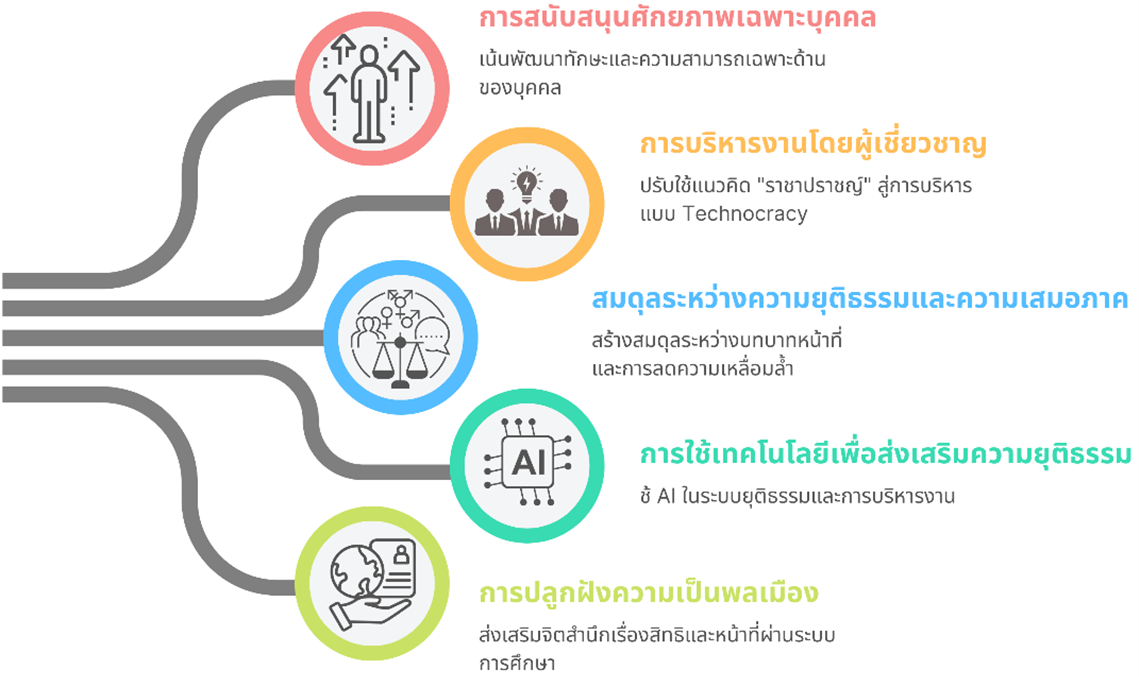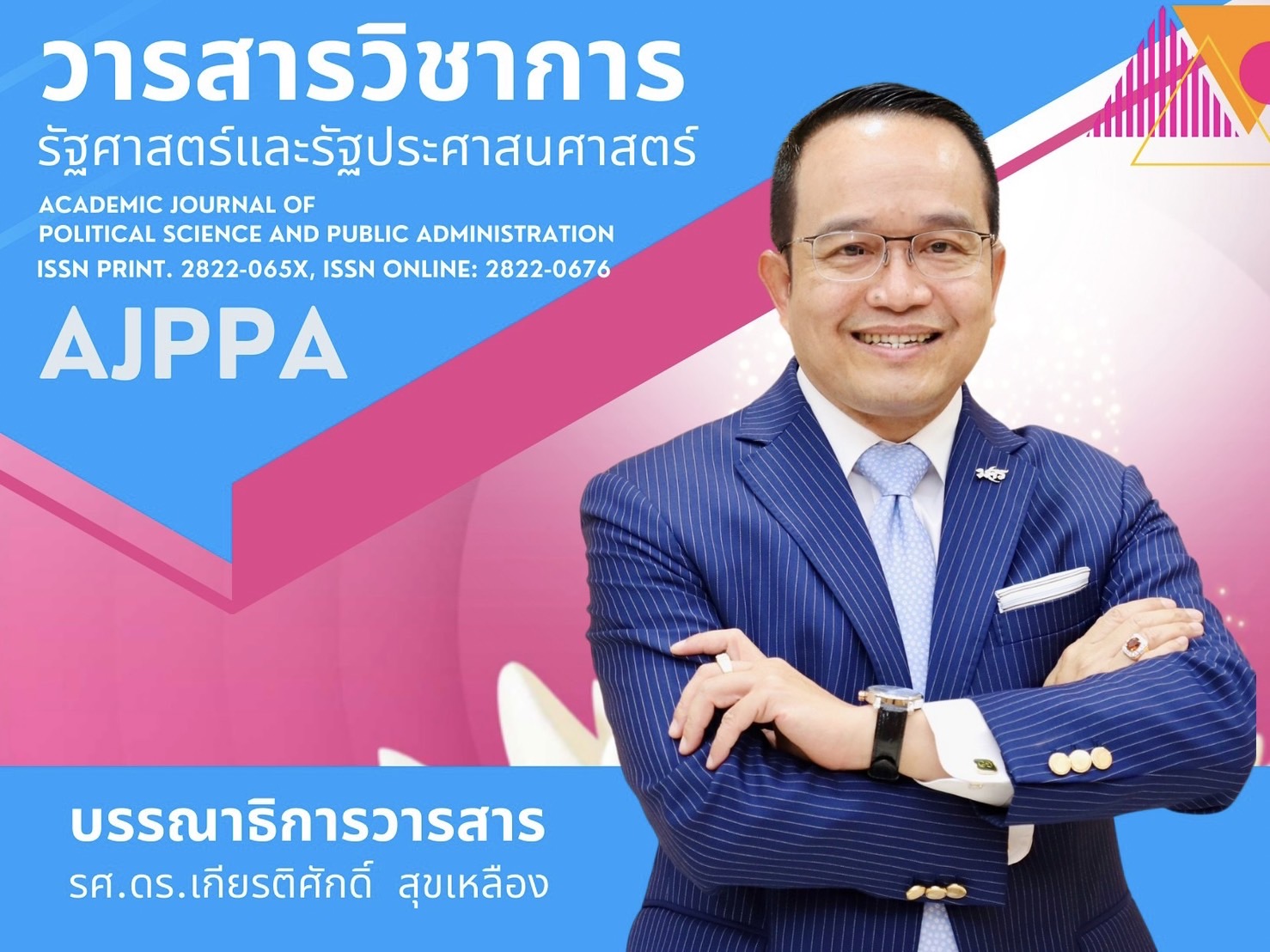PLATO'S IDEAL STATE TOWARDS A UTOPIAN SOCIETY
Keywords:
Ideal State, Plato, Ideal SocietyAbstract
This article aims to study Plato's philosophy of the “Ideal State,” which serves as a foundational concept for an ideal society emphasizing justice and balance within its social structure. This idea is presented in Plato's The Republic, where society is divided into three classes: rulers, guardians, and producers. Each class is assigned duties based on their abilities and natural inclinations to create harmony and justice within society. The article also analyzes the concept of the Ideal State in the context of a contemporary society characterized by diversity and rapid change. It proposes adaptations of the concept to address modern challenges, such as fostering individual potential, utilizing experts in governance in the form of Technocracy, achieving balance between justice and equality, employing technology to enhance justice-such as AI in judicial systems-and promoting citizenship through educational systems. The study finds that the concept of the Ideal State remains valuable as a philosophical framework that can be adapted to foster sustainable development in various dimensions. Justice at both individual and societal levels can lead to balanced development in economic, political, and social spheres. This highlights that ideas from the past can effectively serve as a guide to addressing contemporary challenges.
References
ประภาส แกวเกตุพงษ์. (2564). ศึกษาแนวคิดปรัชญาทางการเมืองของเพลโต.วารสารวิชาการวิทยาลัยบริหารศาสตร์, 4(2), 183-200.
สำนักงานส่งเสริมความเสมอภาคระหว่างเพศ. (2566). การจัดตั้งศูนย์ข้อมูลกลางด้านการส่งเสริมความเสมอภาคหญิงชาย. สืบค้น 10 มกราคม 2568, จาก https://shorturl.asia/yUz6p
สำนักงานส่งเสริมเศรษฐกิจดิจิทัล. (2023). โครงการไทยสมาร์ทซิตี้. สืบค้น 10 มกราคม 2568, จาก https://www.depa.or.th
European Commission. (2022). Upskilling Pathways. Retrieved January 10, 2025, from https://ec.europa.eu
Finnish National Agency for Education. (2020). Inclusive Education in Finland. Retrieved January 10, 2025, from https://www.oph.fi
Forbes. (2021). How Estonia is Revolutionizing Justice with AI. Retrieved January 10, 2025, from https://www.forbes.com
Microsoft. (2022). AI in Recruitment: A Case Study. Retrieved January 10, 2025, from https://www.microsoft.com
Montesquieu, C. (1748). The Spirit of the Laws. Retrieved January 10, 2025, from https://shorturl.asia/0PDiy
OECD. (2020). Education for Civic Engagement. Retrieved January 10, 2025, from https://www.oecd.org
Plato (2003). The Republic (2nd ed.). New York: Penguin Books.
Rawls, J. (1971). A Theory of Justice. USA: Harvard University Press.
Reeve, C.D.C. (2004). Plato on Justice and the Ideal State. Bangkok: Cambridge University Press.
Stanford Encyclopedia of Philosophy. (2023). Plato's Ethics and Politics in The Republic. Retrieved January 10, 2025, from https://plato.stanford.edu
UNESCO. (2021). Reimagining our futures together: A new social contract for education. Retrieved January 10, 2025, from https://unesco.org
United Nations Framework Convention on Climate Change. (2023). COP28 Overview. Retrieved January 10, 2025, from https://unfccc.int
World Economic Forum. (2022). Global Gender Gap Report. Retrieved January 10, 2025, from https://www.weforum.org

Downloads
Published
How to Cite
Issue
Section
Categories
License
Copyright (c) 2025 Academic Journal of Political Science and Public Administration

This work is licensed under a Creative Commons Attribution-NonCommercial-NoDerivatives 4.0 International License.




